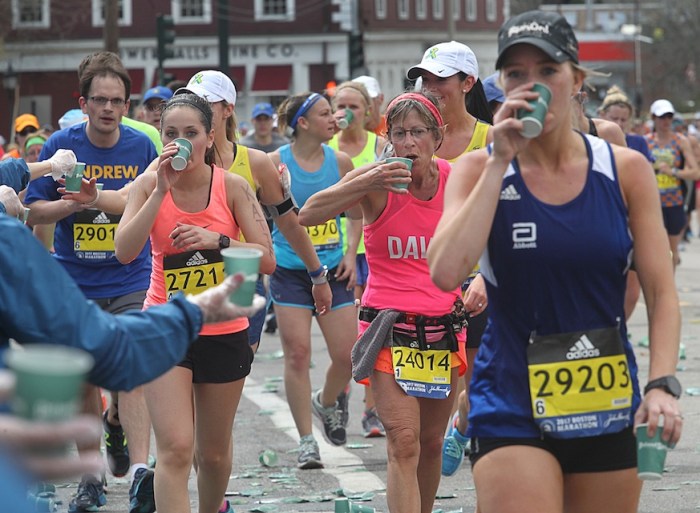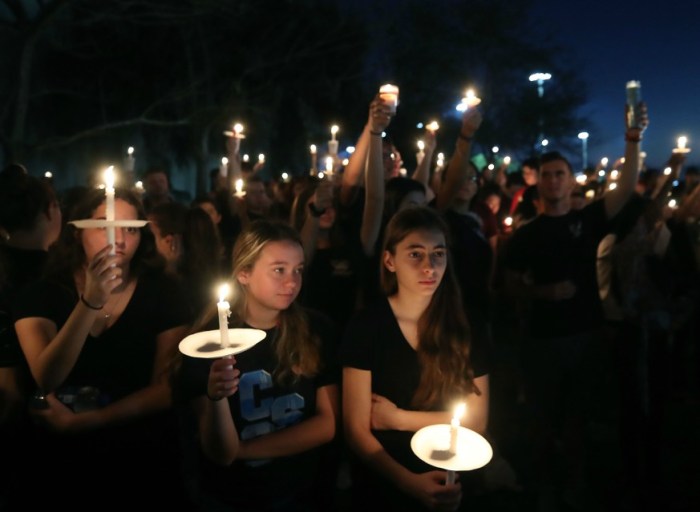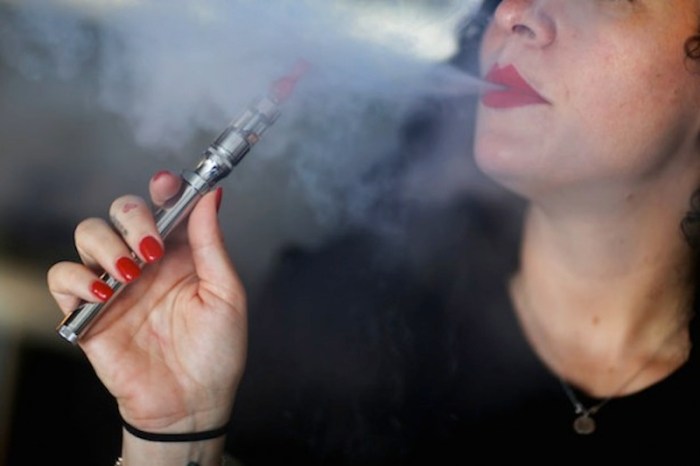Rejoice! The first major heat wave of summer 2018 officially ended in New York City on Tuesday after four days of sweltering above-90 temperatures. But with forecasters expecting to see the thermometer stuck in the mid- to high-80s for much of the rest of the summer, you’re not quite out of danger when it comes to heat-related illnesses.
Like heat waves, which are at least three consecutive days of 90-plus weather, temperatures in the 80s can also come with a slew of health risks, said Dr. Jaimie Khemraj, medical director at city-based Ryan Health.
“Very high body temperatures may damage the brain or other vital organs,” she explained. “Several factors affect the body’s ability to cool itself during extremely hot weather. When the humidity is high, sweat will not evaporate as quickly, preventing the body from releasing heat quickly.”
Some of those factors that can limit one’s ability to regulate temperature include age, obesity, fever, dehydration, heart disease, mental illness, poor circulation, prescription drug and alcohol use, and sunburn, which many of us may suffer as we head to city beaches, parks and pools to stay cool.
Most heat-related illnesses happen because of overexposure or overexercising.
“Pace yourself,” Khemraj urged. “If you are not accustomed to working or exercising in a hot environment, start slowly and pick up the pace gradually.”
If your heart is pounding or you’re gasping for breath, “stop all activity,” Khemraj said. “Get into a cool area or at least in the shade, and rest, especially if you become lightheaded, confused, weak or faint.”
Heat-related illnesses: What’s the difference between heat cramps, heat stroke and heat exhaustion?
Heat cramps, heat stroke and heat exhaustion are forms of heat-related illnesses that vary by severity.
The mildest of the three are heat cramps, “where there are muscle pains or spasms with strenuous activity,” Khemraj said, adding the those who sweat a lot during such activity are more prone as it “depletes the body’s salt and moisture.”
Heat cramps may also be a symptom of the heat exhaustion, a more moderate illness that can develop after several days of exposure to high temps and inadequate or unbalanced fluid replacement, she said.
Heat stroke is the most-serious heat-related illness and occurs when the body is unable to control its temperature, which may rise to 103 degrees or more.
“The body’s temperature rises rapidly, the sweating mechanism fails, and the body is unable to cool down,” Khemraj explained. “Heat stroke can cause death or permanent disability if emergency treatment is not provided.”
Use your air conditioner to help avoid heat-related illnesses
While electric fans may offer some comfort, they won’t prevent heat-related illnesses when the thermometer hits the 90s for those without AC, Khemraj said.
“Taking a cool shower or bath or moving to an air-conditioned place is a much better way to cool off,” she suggested. “Air conditioning is the strongest protective factor against heat-related illness.”
Being in the AC for just a few hours a day can reduce the risk of heat-related illnesses, Khemraj said, so think about hitting up a city cooling station, library or mall.
Is water the best way to hydrate in a heat wave?
“Hydration is best with water. Avoid sugary drinks like sodas,” Khemraj said. “If you have perspired too much, consider a sports drink.”
























